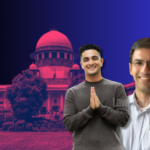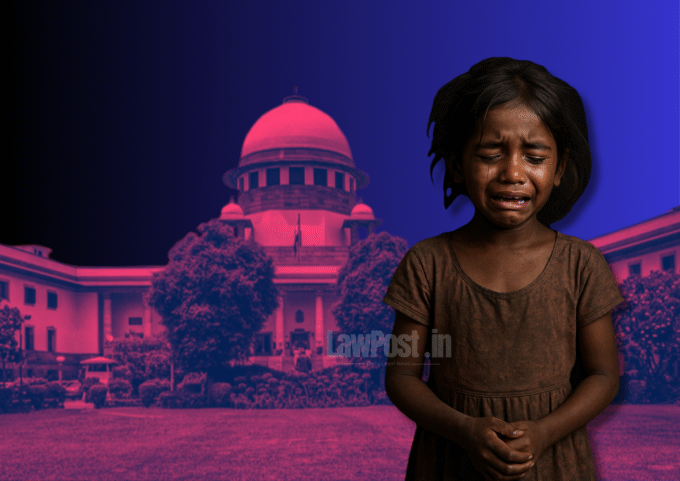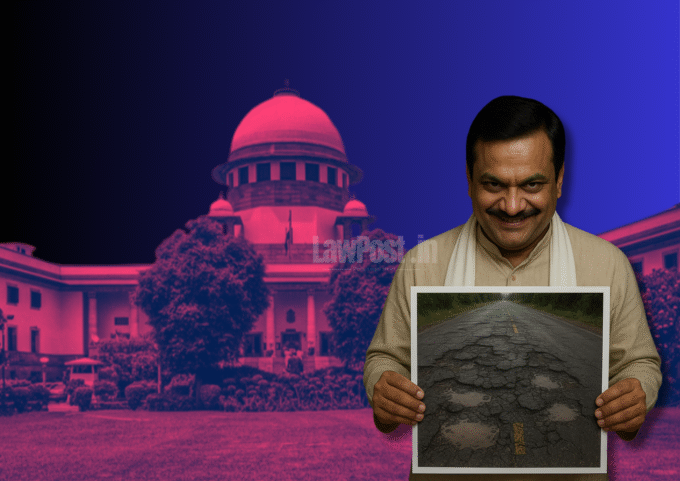In a significant ruling, the Supreme Court of India has reaffirmed that while no individual has a fundamental right to a government job, the State cannot act arbitrarily in public employment selection processes. The Court emphasized that all recruitment procedures must be fair, transparent, and impartial, ensuring equal treatment under the Constitution of India.
A Bench comprising Justice Pankaj Mithal and Justice Sandeep Mehta observed:
“Public employment is a duty entrusted by the Constitution of India with the State … Arbitrariness in public employment goes to the very root of the fundamental right to equality. While no person can claim a fundamental right to appointment, it does not mean that the State can be allowed to act in an arbitrary or capricious manner.”
The Court made these remarks while hearing an appeal filed by Amrit Yadav and others, who were terminated from Grade IV posts in Jharkhand following findings of irregularities in their recruitment process.
Recruitment Flaws Lead to Termination
The dispute dates back to a 2018 Jharkhand High Court ruling, where the recruitment process for Grade IV posts was found to be flawed. The Court noted that the 2010 recruitment advertisement lacked clarity on the number of vacancies and reservation details, rendering the process unconstitutional.
Following this, the High Court ordered a fresh merit list, but the Supreme Court has now quashed that directive, instead directing the State to issue a fresh recruitment advertisement within six months.
“Appointments made through such an unconstitutional process cannot be protected, even if the candidates had worked for years and were not given a hearing before their termination,” the Supreme Court ruled.
Fair Process is a Constitutional Duty
The Court reiterated that every citizen has the right to be treated fairly in public recruitment, and any violations will face judicial scrutiny. While rejecting the appeal, the Bench reinforced the importance of transparency and accountability in government hiring.
Case: Amrit Yadav vs State of Jharkhand & Ors – Available on LAWFYI.IO








